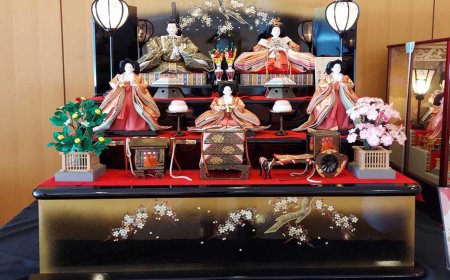Blooming Traditions: Japan's Spring Equinox Holiday
Spring Equinox Holiday, where tradition meets modernity in a celebration of nature's rebirth and ancestral reverence.

Honoring Nature, Ancestors, and Renewal in Japanese Culture
As the world transitions from the cold grip of winter to the blossoming embrace of spring, various cultures mark this change with unique celebrations. In Japan, March 20th holds special significance as the Spring Equinox Holiday, known as Shunbun no Hi (春分の日). This holiday, deeply rooted in ancient traditions and cultural practices, offers a glimpse into Japan's reverence for nature and its seasonal rhythms.
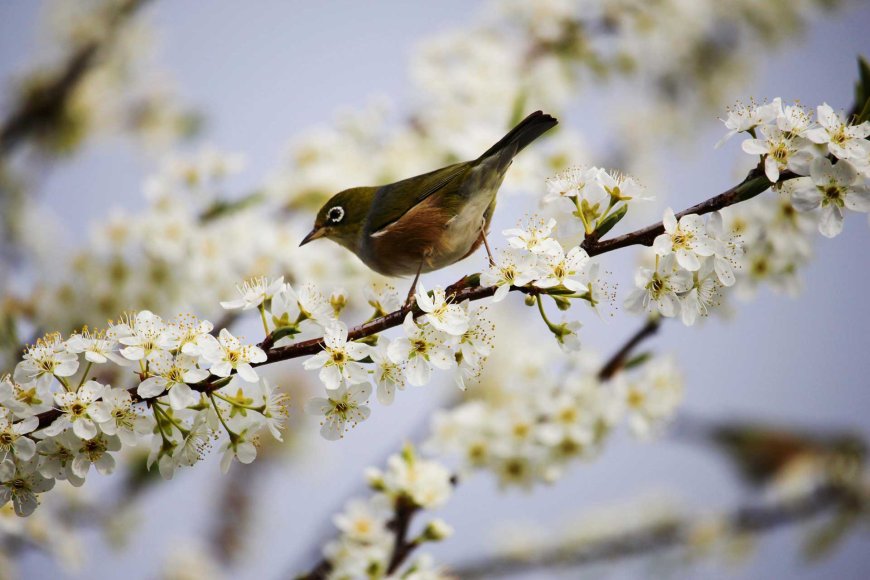
Origins and Significance
The Spring Equinox, occurring around March 20th each year, marks the point in Earth's orbit when the plane of the equator passes the center of the sun, resulting in nearly equal lengths of day and night worldwide. In Japanese tradition, this astronomical event symbolizes the balance between light and darkness, warmth and coldness, and life and death.

Observing Nature's Harmony
Shunbun no Hi is a national holiday in Japan, offering people a day of rest and reflection. While it is not as widely celebrated as some other holidays, its observance is deeply ingrained in Japanese culture. Many use this day as an opportunity to appreciate nature's beauty and engage in activities that honor the changing seasons.
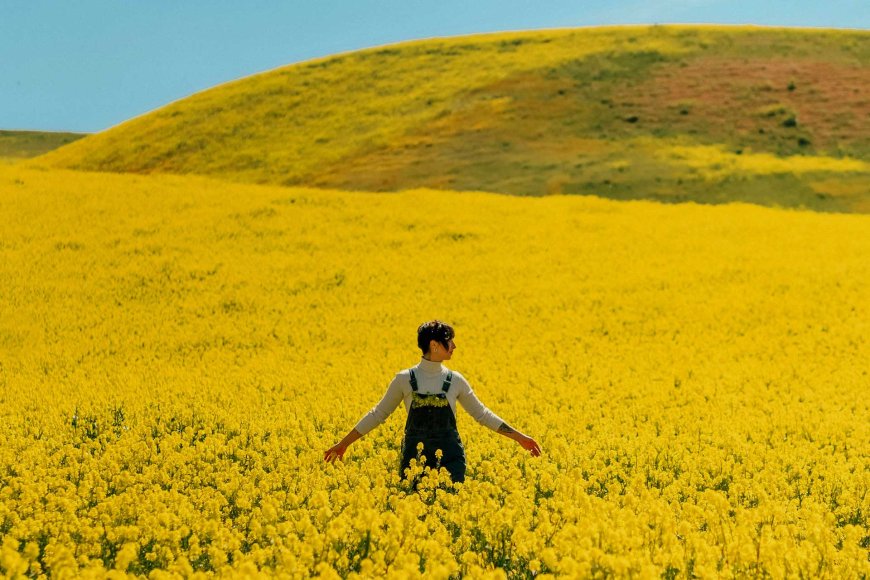
Honoring Ancestors
One common practice on the Spring Equinox is visiting family gravesites to pay respects to ancestors. This ritual, known as Higan (a Japanese Buddhist holiday celebrated for seven days; three days before and after both the Spring equinox (shunbun) and Autumnal equinox (shūbun). It holds spiritual significance as families gather to clean and decorate graves, offer prayers, and leave offerings of food and flowers. It's believed that during Higan, the spirits of ancestors visit the world of the living, making it an essential time for filial piety and remembrance.
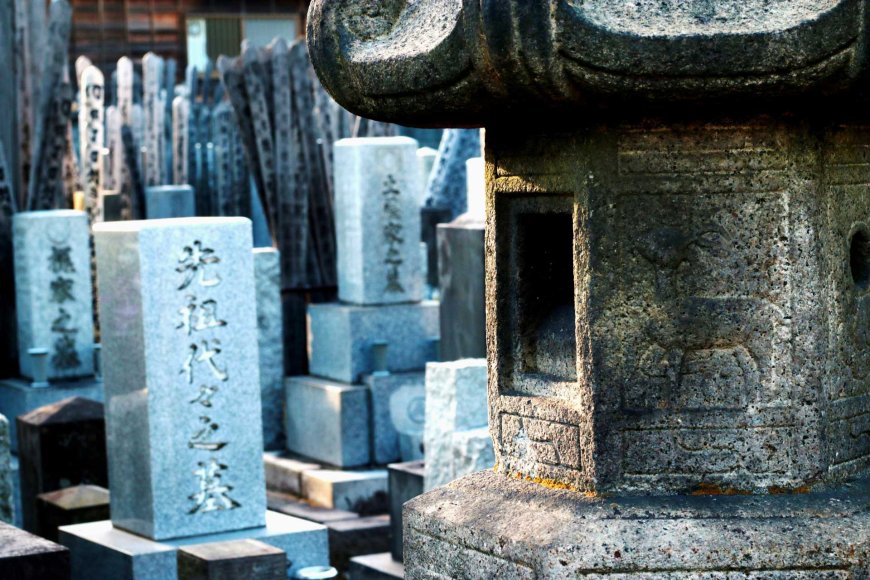
Traditional Foods
Osekihan, a traditional dish of red bean-studded sticky rice, is commonly enjoyed during this time. Its vibrant red color symbolizes vitality and new beginnings, perfectly complementing the theme of renewal associated with the equinox. Another popular treat is botamochi, sweet rice cakes made with glutinous rice, and sweet azuki paste (red bean paste).
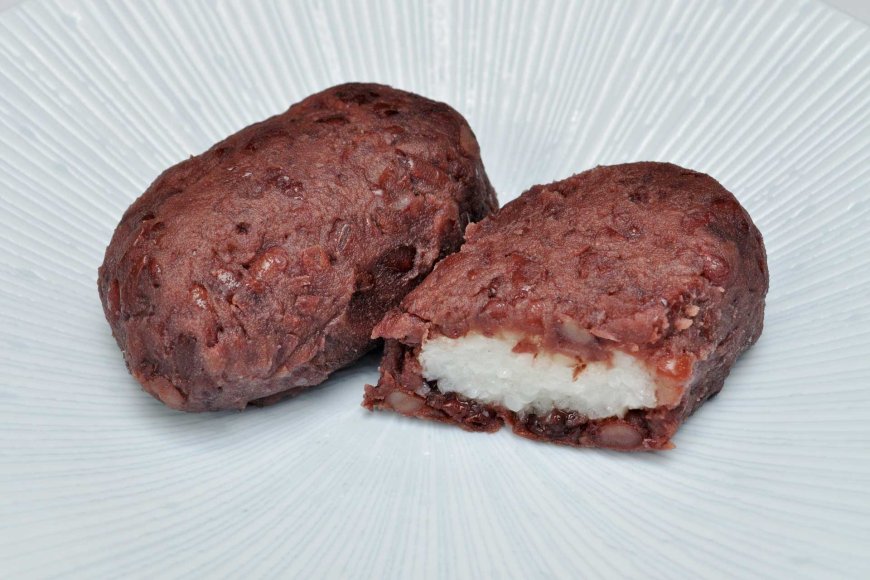
Blend of Tradition and Innovation
While rooted in ancient customs, the observance of the Spring Equinox has evolved with modern times. In addition to traditional rituals, many people now incorporate contemporary activities into their celebrations, such as attending concerts, art exhibitions, or participating in outdoor sports. This blending of tradition and innovation ensures that the spirit of the holiday remains vibrant and relevant in today's society.

A Time for Renewal and Reflection
As the Spring Equinox dawns in Japan, it serves as a reminder of the interconnectedness between humanity and the natural world. Through age-old traditions and modern interpretations, the people of Japan come together to honor the changing seasons, cherish ancestral ties, and embrace the beauty of nature's rebirth. In celebrating the equinox, they find solace, renewal, and a deep appreciation for the timeless rhythms of life.
Find Cheap Flight Tickets to any Destinations in Japan and the Philippines
Nipino.com is committed to providing you with accurate and genuine content. Let us know your opinion by clicking HERE.



















































